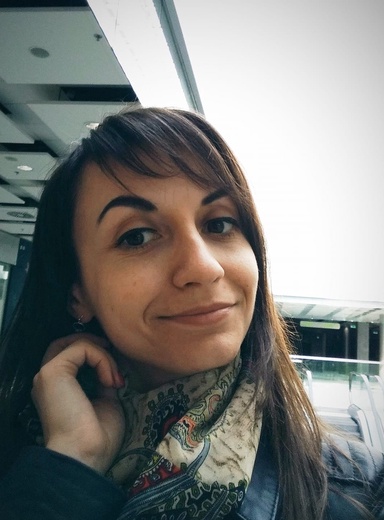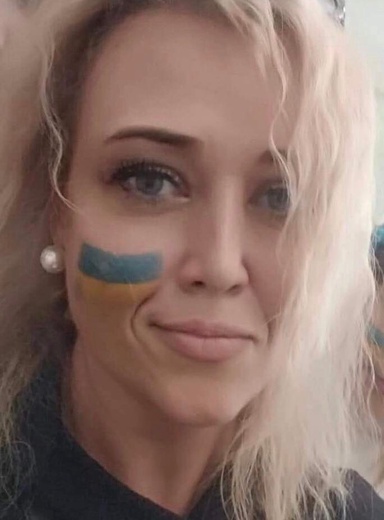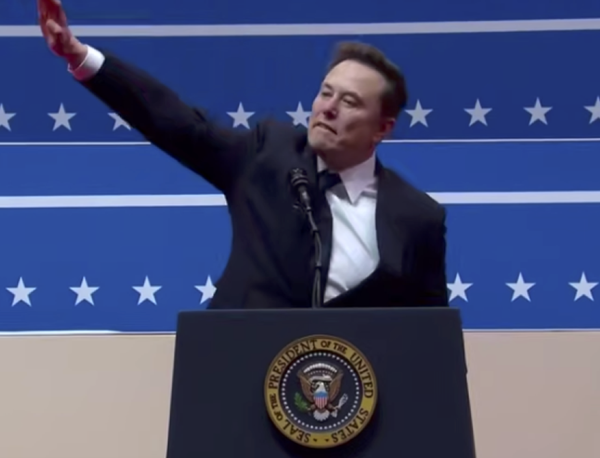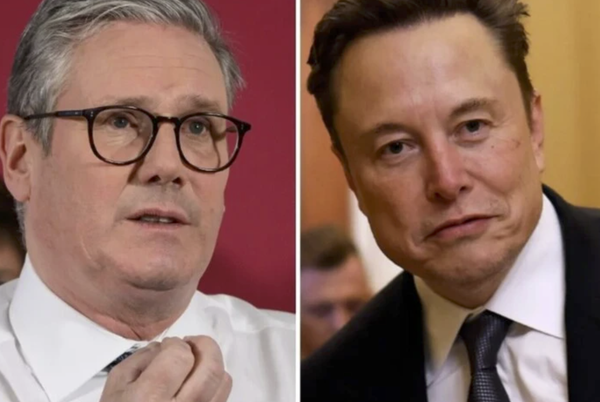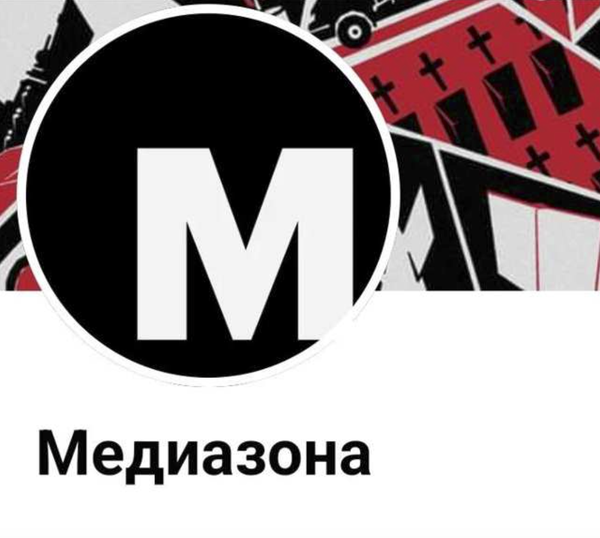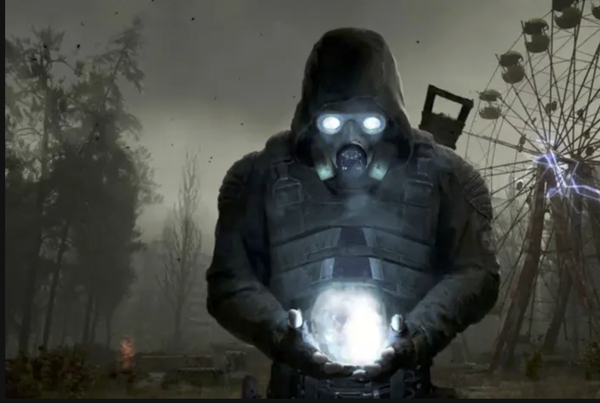“Putin’s War” and “Ukraine’s Mistake”: how Yulia Navalnaya protects Russians
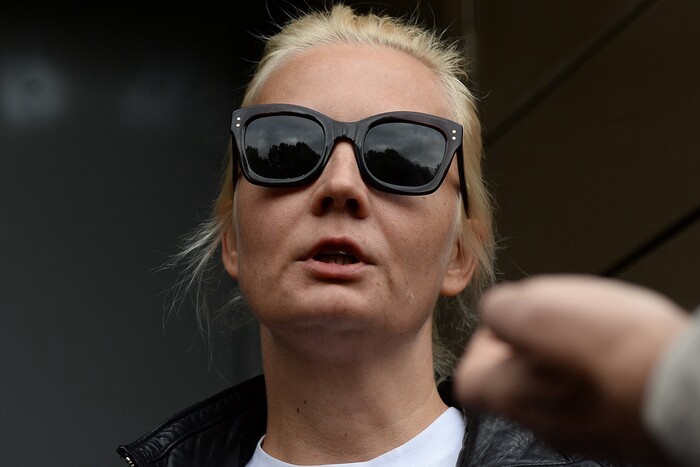
Since 2004, Time magazine has annually assembled a list of the 100 most influential people shaping world events. This list is not a ranking, and the main criterion for inclusion is the degree of influence wielded on the global stage — whether that influence was positive or negative.
On April 17, Time released its new special edition unveiling the World’s Most Influential 100. This year’s list was divided into six categories: Leaders, Artists, Icons, Titans, Pioneers, and Innovators. The 2024 issue featured four distinct world covers, spotlighting TIME100 representatives like singer Dua Lipa, footballer Patrick Mahomes, actress Taraji P. Henson and Yulia Navalnaya — the latter trumpeted as “the leader of the Russian opposition movement.”
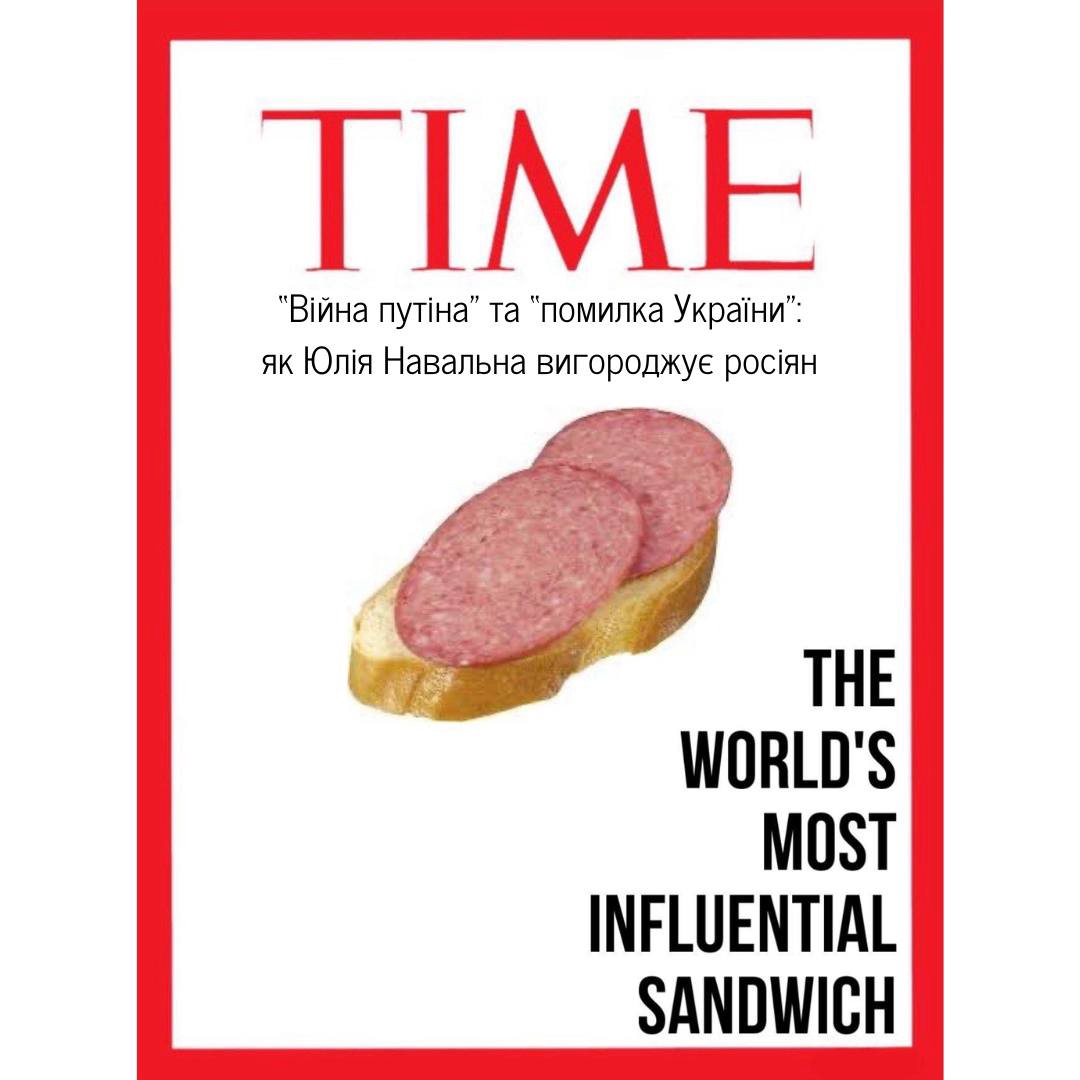
The widow of Russian opposition leader Alexei Navalny was listed among 23 other personalities in the “Leaders” category. Notably, she was joined by Andrii Yermak, head of the Office of the President of Ukraine, who is the lone Ukrainian in the influential 100. Beyond simply including Navalnaya and considering her cover-worthy, the issue also featured an interview with her conducted by journalist Simon Shuster. In it, she spoke about “Putin’s war” and “Ukraine’s mistake.”
The magazine’s choice sparked a resonance across the Ukrainian information space. Reactions ranged from memes depicting her Time cover appearances as simply a sandwich, to reflections over specific quotes from the “influential leader.” Social media buzzed with comments: “This is the leader who has changed absolutely nothing in this world,” “My cat has more influence than her,” “A rhetorical question: What did Navalnaya influence? Even Time doesn’t know that,” “If Yulia Navalnaya is so influential, why is Russia still at war?” These represent just a few of the comments on this issue in social media.
While Ukrainians are outraged, the Western world supports Navalnaya; in their eyes, she is continuing her husband’s “struggle”. If by “struggle” they mean doing nothing, then Navalny’s team led by his widow is unrivalled. As an opposition leader, Navalny himself is only remembered for the phrase “Crimea is not a sandwich” and for the fact that he flew back to Russia, was sentenced to prison and died.
After that, his widow announced that she would continue his fight. However, her methods are just as passive and do not solve anything. It’s worth recalling how, during the “Elections” special operation, Navalny, and his associates organized the “Noon against Putin” rally, when the “protesters” were asked to come out, stand around and leave (see the link in the comments). The queues of “protesters” at the polling stations then allowed Putin to talk about a massive turnout and legitimize the election process.
When Navalnaya was invited to the European Parliament, she mentioned the war in Ukraine in her speech. But she did not condemn the aggression of her compatriots, and underlined that for two years, weapons, money, sanctions have been used and nothing has helped. As a way out, she suggested investigating the financial fraud schemes around Putin and his entourage – essentially a call to stop aiding Ukrainians and instead fund investigations led by Navalny’s Anti-Corruption Foundation.
The Russian “oppositionist” continued giving advice in her Time interview. Here, she again deliberately spreads a narrative catering to the “good Russian” agenda by calling Russia’s war in Ukraine “Putin’s war,” which is supported by an “aggressive minority.” This message proved especially cynical, coming the very day Russians launched Iskander missiles at Chernihiv, killing 18 and wounding over 60. Apparently, Putin personally launched those strikes.
After Navalnaya claimed “tens of millions in Russia do not support the war,” even interviewer Simon Shuster noted that he had spoken to Volodymyr Zelenskyy’s team, and they no longer believe such assertions, saying that the war against Ukraine is Russia’s war, and there’s no point seeking out “good Russians.”
Navalnaya dismissed the “good Russian” label as inadequate. She claimed anti-war Russians do exist, but fear restricts their activity: “It’s important to support these people, and I believe it’s a mistake for the Ukrainian authorities to ignore them.” She added that “ordinary Ukrainians” understand that “not all Russians are against them,” and the Ukrainian government should keep the “anti-war Russians” in mind since this is “obviously Putin’s war.”
The so-called “good Russians” have been promoting the narrative of Putin’s war since the onset of the invasion. They are attempting to distance themselves from their country’s aggression and whitewash the war criminals. Their message is that Putin is bad, but the rest of Russia is great. Yet it’s not just Putin bombing Ukrainian cities, killing, raping and looting — it’s thousands upon thousands of Russian soldiers. Sociological studies confirm most Russians themselves support the war.
This narrative was crafted to ultimately reduce punishment for crimes and ease future sanctions. Navalnaya herself openly derides the sanctions imposed by the European Union and UK after Navalny’s murder as “just ridiculous” because they target “ordinary prison staff.” According to her, “most of the people who serve in Russian law enforcement agencies do not even have passports. They can only travel to a few countries, such as Egypt and Vietnam.” Such rhetoric echoes stories about “poor boys” sent to war against their will.
While for Ukrainians it’s crucial that every Russian faces accountability, for the “good Russians” only high-ranking officials deserve punishment. The rest are merely “little people” following orders, unable to do anything about it.
Navalnaya’s rhetoric is not surprising. It aligns with the deeply-rooted imperialism permeating most Russian minds. It’s no wonder that she mentions mixed families as a product of the imperial “one nation” message and non-existent connection: “There are families in which the mother is Ukrainian and the father is Russian, or vice versa… It was so common to have relatives from both sides.” In reality, such “relatives on both sides” statements are Russian propaganda for countries that Russia considers “its own”, trying to “bring them home.”
Notably, Navalnaya’s Time interview carried different headlines in the English and Russian versions. The English edition read “Putin is my enemy. Yulia Navalnaya’s Revolution,” while the Russian was titled “Putin is my enemy”: Yulia Navalnaya’s interview on the murder of her husband and plans for the future.” This divergence clearly illustrates how the Western world perceives the Russian opposition as “revolutionaries” and “leaders.” Unfortunately, they do not understand that there is effectively no opposition in Russia capable of, or willing to, drive meaningful change ![]()
Prepared by Aliona Malichenko.

